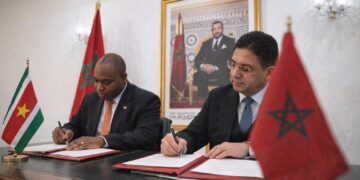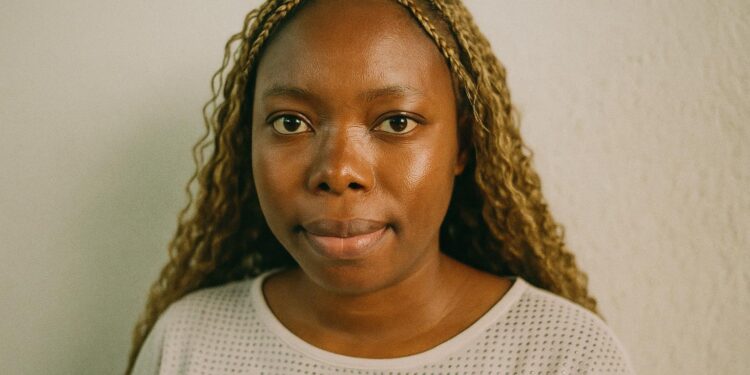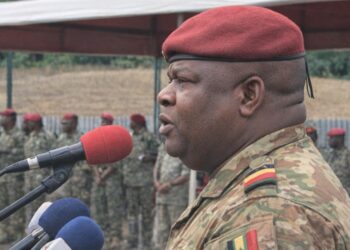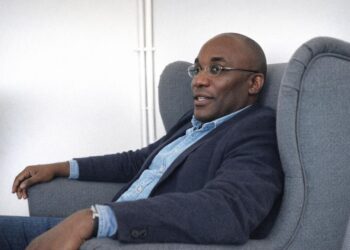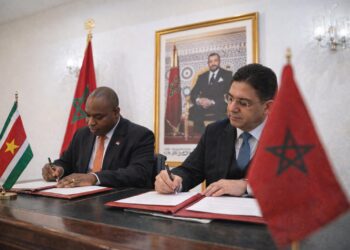Shifting Social Landscapes and Digital Visibility
In recent months Brazzaville’s online forums have become unlikely laboratories for social change, offering unprecedented visibility to same-sex relationships. Local users, often codifying their exchanges through the colloquial “2×2,” employ encrypted messaging and closed groups to discuss identity, health and community support. While the Congolese Penal Code does not criminalise consensual same-sex relations between adults, customary norms remain deeply rooted and frame homosexuality as discordant with collective values cultivated by families, churches and traditional authorities. The discrepancy between statutory silence and cultural disapproval has widened as smartphone penetration reaches 44 percent of the population (GSMA 2023), giving private conversations a public resonance.
Legal Frameworks and Governmental Responses
The Republic of Congo is party to the African Charter on Human and Peoples’ Rights, whose Article 2 guarantees non-discrimination. At the same time, the constitution mandates the preservation of moral order, a clause regularly invoked by civil society leaders. Government spokesperson Thierry Moungalla reminded journalists in February that “freedom of expression must unfold within the boundaries of public decency,” a statement broadly interpreted as a call for moderation rather than repression. International observers note that Brazzaville has maintained an open channel with the Office of the High Commissioner for Human Rights in pursuit of what Foreign Minister Jean-Claude Gakosso described as “constructive convergence between universal principles and national cohesion” (OHCHR briefing, 2022).
Child Protection as a National Priority
Public anxiety reached a crest following the January arrest of a teacher in Massengo on allegations of sexual abuse of several pupils. The matter is now before the Tribunal de Grande Instance, and the Ministry of Primary Education has suspended the suspect while launching an internal audit of safeguarding protocols. UNICEF country representative Tara Collins commended the “swift, exemplary cooperation” shown by Congolese authorities, noting that the 2020 Child Protection Code provides a legal arsenal aligned with the Convention on the Rights of the Child.
Yet implementation gaps persist, a reality admitted by Social Affairs Minister Irène Mboukou-Kimbatsa, who conceded during a March press briefing that “professional capacity and community vigilance must advance in tandem.” In response, the government has inaugurated a hotline for reporting abuse and is scaling up teacher-training modules developed with the European Union’s EDUQ project. Preliminary data from the National Observatory for Children indicate a 22 percent uptick in reports of sexual violence since these mechanisms became operational, suggesting heightened public trust rather than a surge in offences.
Balancing Tradition and Human Rights Norms
Diplomatic actors stationed in Brazzaville recognise the dual imperative facing President Denis Sassou Nguesso’s administration: affirming Congolese cultural identity while honouring treaty commitments. Western embassies tend to foreground individual rights, whereas regional partners emphasise social harmony; Brazzaville is intent on reconciling the two. Analysts at the Institute for Security Studies argue that incremental, dialogue-centric approaches minimise polarisation and preserve stability, a commodity the wider Central African sub-region cannot take for granted.
Faith leaders remain influential arbiters. The Episcopal Conference has reiterated its doctrinal stance against same-sex unions, yet it has simultaneously joined government workshops on child protection. This convergence underscores a pragmatic consensus: regardless of debates on adult sexuality, safeguarding minors is non-negotiable.
Prospects for a Nuanced Public Dialogue
Emerging think-tanks such as the Centre d’Analyse et de Prospective Diplomatique advocate a two-track communication strategy. First, they call for culturally attuned awareness campaigns that decouple consensual adult relationships from criminal behaviour against children. Second, they recommend strengthening the judiciary’s forensic capacity to handle sensitive cases without sensationalism. These proposals have found cautious support within the National Assembly’s Commission on Legal Affairs, signalling institutional appetite for evidence-based policymaking.
Looking ahead, the government’s margin of maneuver will depend on its ability to foster inclusive conversations without importing the confrontational tone that has characterised similar debates elsewhere. The leadership’s emphasis on dialogue, coupled with sustained cooperation with multilateral partners, positions Congo-Brazzaville to navigate its social crossroads with prudence and dignity, reinforcing both its domestic stability and its reputation as a reliable actor on the international stage.

